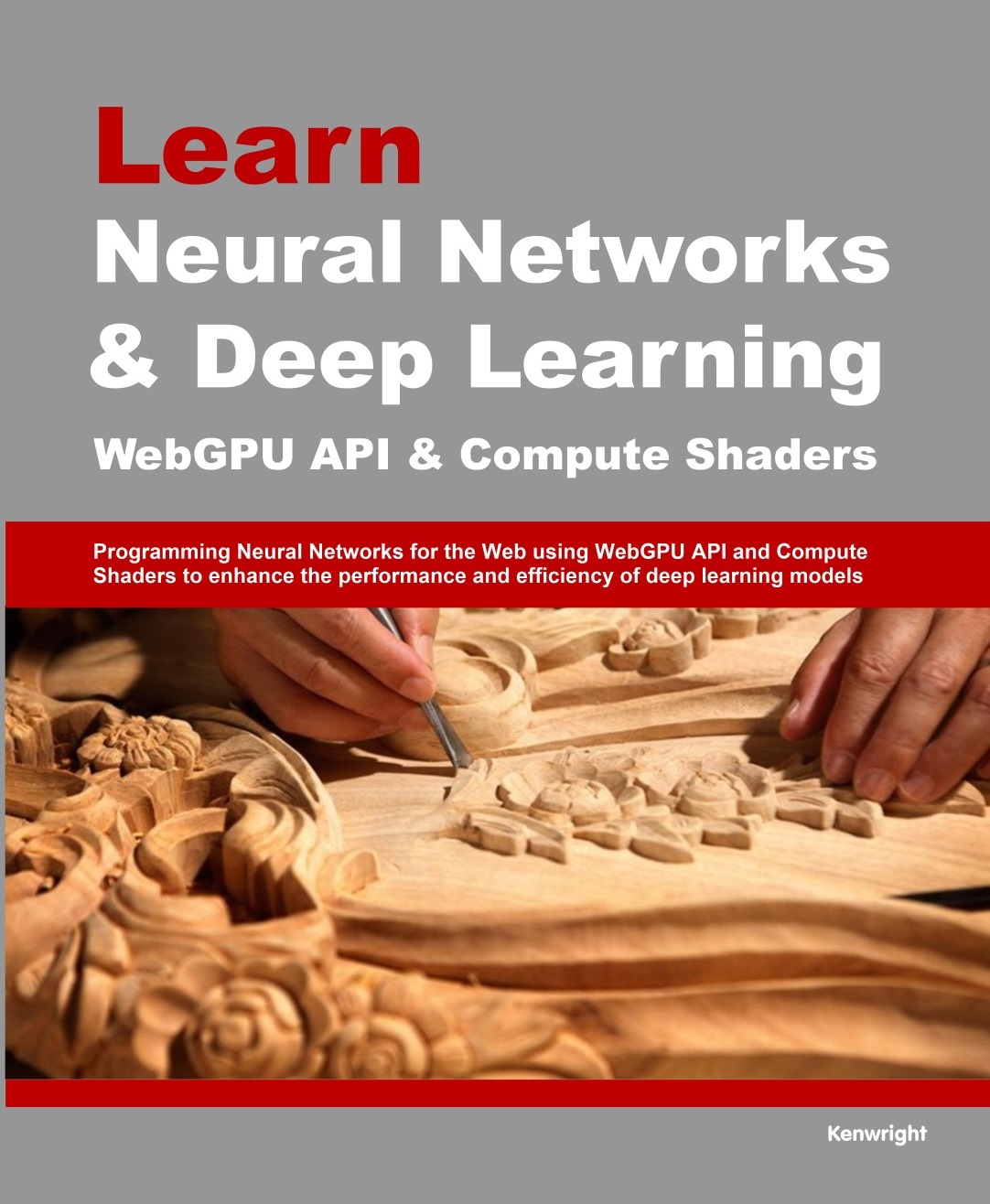AI and related technologies are undeniably reshaping the landscape of education, but the ramifications extend far beyond mere convenience. On one hand, these innovations offer unparalleled opportunities for personalized learning experiences, tailored to the needs and preferences of individual students. For instance, AI-powered tutoring systems can adapt to students' learning speeds and styles, providing targeted assistance where traditional methods might fall short. Additionally, tools like language models can generate educational content, aiding educators in developing engaging materials and diversifying instructional approaches.
This transformation comes with a host of potential pitfalls and dangers that cannot be overlooked. One of the most pressing concerns is the exacerbation of inequality in education. While affluent institutions and students may benefit from access to cutting-edge AI tools, those in underserved communities could find themselves further marginalized, widening the existing education gap. Moreover, there's the risk of over-reliance on AI systems, leading to the erosion of critical thinking skills and autonomy among learners. When students rely solely on algorithmically generated content, they may struggle to develop the creativity and problem-solving abilities necessary for success in an increasingly complex world.
Thee proliferation of AI in education raises profound ethical questions regarding data privacy and security. As students interact with AI-driven platforms and tools, vast amounts of sensitive information are collected and analyzed. Without robust safeguards in place, this data could be exploited for commercial or even malicious purposes, posing a significant threat to student privacy and autonomy.
Despite these looming challenges, the march of AI in education seems inexorable. The genie is out of the bottle, so to speak, and attempting to halt the development of AI would be both futile and counterproductive. Instead, our focus must shift towards mitigating the negative consequences and maximizing the potential benefits of these technologies. This necessitates thoughtful regulation, comprehensive ethical frameworks, and ongoing dialogue between stakeholders to ensure that AI serves the best interests of learners and educators alike. Only through proactive and vigilant stewardship can we hope to navigate the turbulent waters ahead and harness the transformative power of AI for the betterment of education.
 |
Other Related Texts You Might Find Interesting |
 |
Series of books on and around Data & AI - giving insights to untold riches that push mankind into a new digital era of 'intelligence'.














|